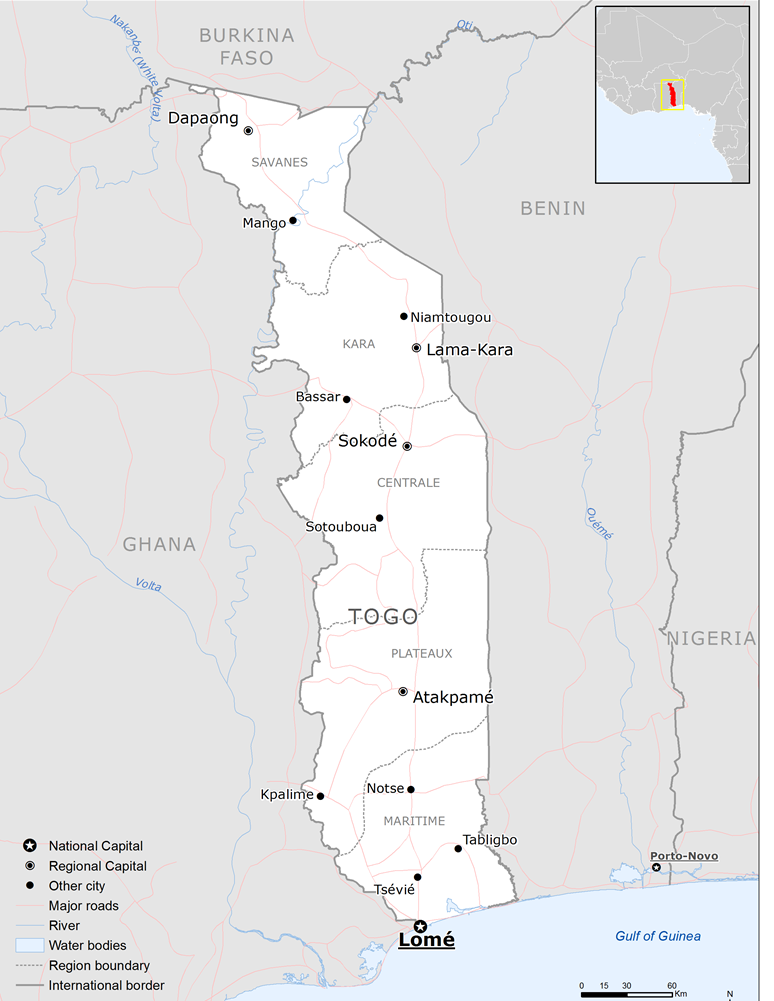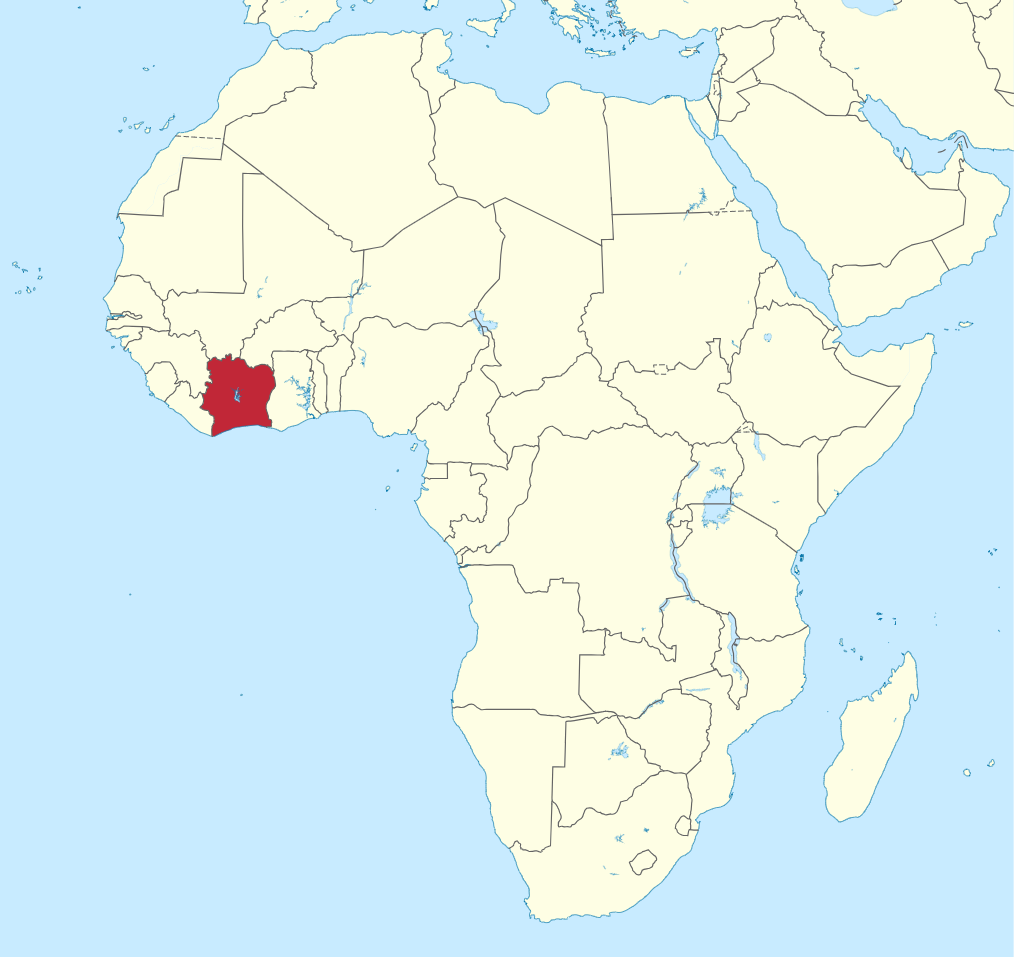
Togo’s Savanes Region is JNIM’s latest area of expansion, but it remains unclear whether Turkish PMCs can support the Togolese army to repel JNIM over the long term.
“The [JNIM] attack targeted soldiers who were patrolling the trenches under construction, and who were trying to prevent terrorist incursions at the border.”
The littoral West African country of Togo, along with its neighbor Benin, is a main target of expansion for the al-Qaeda affiliated Group for Supporters of Islam and Muslims (JNIM).[i] As discussed in a French-language article in the Burkinabe publication, 24heures.bf, on 2 October, JNIM attacked a construction site in northern Togo engaged in the building of trenches to defend against JNIM incursions. The attack claimed the lives of nine Togolese soldiers and 10 civilians. This is not the first time JNIM has specifically destroyed trench-building projects and killed construction workers. The article notes that Togolese Army reinforcements accompanied by Turkish instructors in helicopters, finally repelled the attack by firing on the JNIM militants.
Although Turkish instructors have reportedly operated in Niger alongside Russian Africa Corps personnel, it was previously unclear whether Turkish instructors operated in Togo.[ii] The article, in fact, asserts that two Turkish instructors have been killed in previous JNIM attacks in Togo, which suggests Turks may be more involved in counter-insurgency operations in Togo than previously known.
The involvement of Turkish instructors in Togo seemingly differs from that of African Corps personnel operating in the Sahel, who not only engage in counterinsurgency operations against JNIM but are also involved in propping up post-coup junta military regimes in the Sahel, including Burkina Faso. Notably, Africa Corps has suffered numerous setbacks in battles with JNIM. The Turkish private military company, Sadat, had reportedly been active in Niger and Burkina Faso. The presence of Turkish instructors in Togo implies a likely expansion of the Turkish PMC and instructor presence in West Africa
Sources:
“Attaque terroriste au Togo: 19 morts près de la frontière du Burkina (Terrorist attack in Togo: 19 dead near the Burkina border),” 24heures.bf (independent French-language Burkina Faso-based publication with a focus on defense and security affairs), 4 October 2024. https://www.24heures.bf/attaque-terroriste-au-togo-19-morts-pres-de-la-frontiere-du-burkina/
A terrorist attack struck, on October 2, the town of Fanworgou in the Kpendjal region in northern Togo, exactly on the border with Burkina. The [JNIM] attack targeted soldiers who were patrolling along the trenches under construction, and who were trying to prevent terrorist incursions at the border. The result: 19 dead, including 9 soldiers and 10 civilians, including EBOMAF machine operators and technicians.
Reinforcements, especially airborne, were deployed to the site to counter the attackers, who were repelled by military units supported by helicopters and piloted by Turkish instructors. Despite the construction of trenches, the terrorists seem to continue to adapt their tactics.
Notes:
[i] Jacob Zenn, “Al-Qaeda’s Sahel Affiliate Targets Togo,” OE Watch, 07-2022, 2022. https://community.apan.org/wg/tradoc-g2/fmso/m/oe-watch-articles-2-singular-format/420353?pi296680=2
[ii] According to Africa Defense Forum, “some of Sadat’s Syrian fighters in Niger have ended up under Russian command fighting violent extremist organizations affiliated with al-Qaida and the Islamic State group in the Liptako-Gourma region, the tri-border area between Burkina Faso, Mali and Niger.” Africa Defense Forum, “Turkish PMC ‘Sadat’ Competes for Sahel Influence,” adf-magazine.com, 30 July 2024. https://adf-magazine.com/2024/07/turkish-pmc-sadat-competes-for-sahel-influence/
Image Information:
Image: Togo’s Savanes Region is JNIM’s latest area of expansion, but it remains unclear whether Turkish PMCs can support the Togolese army to repel JNIM over the long term.
Source: EC-JRC/ECHO, https://commons.wikimedia.org/wiki/File:Togo_Base_Map.png
Attribution: CC x 2.

